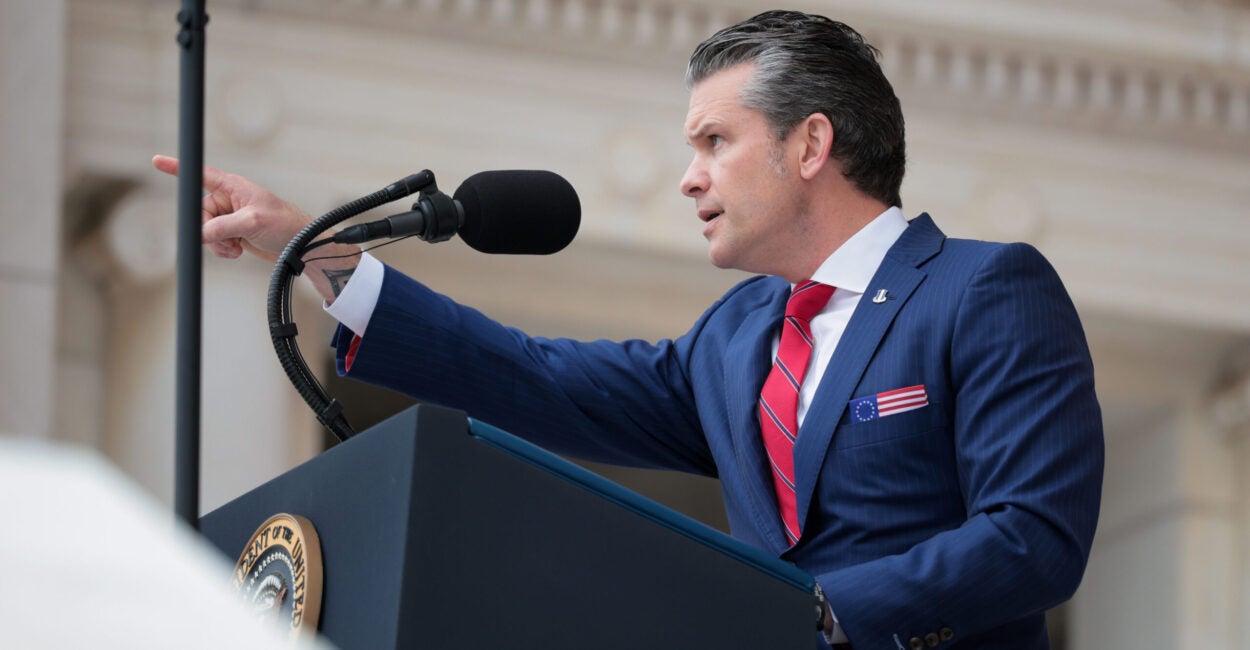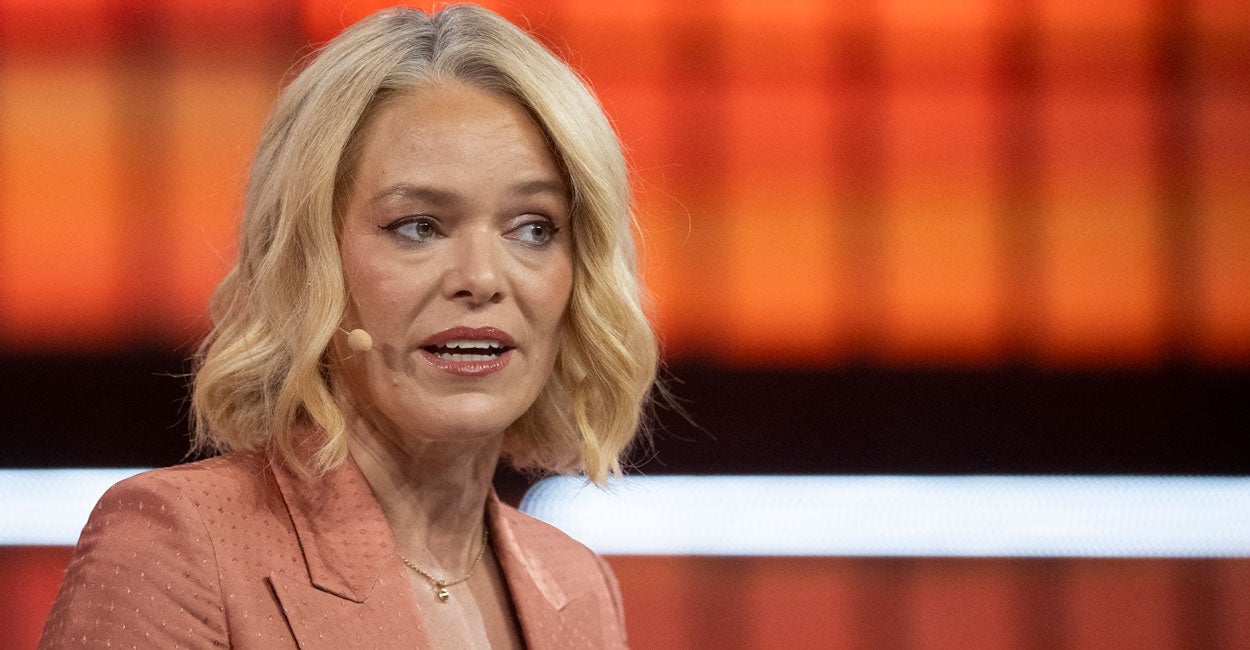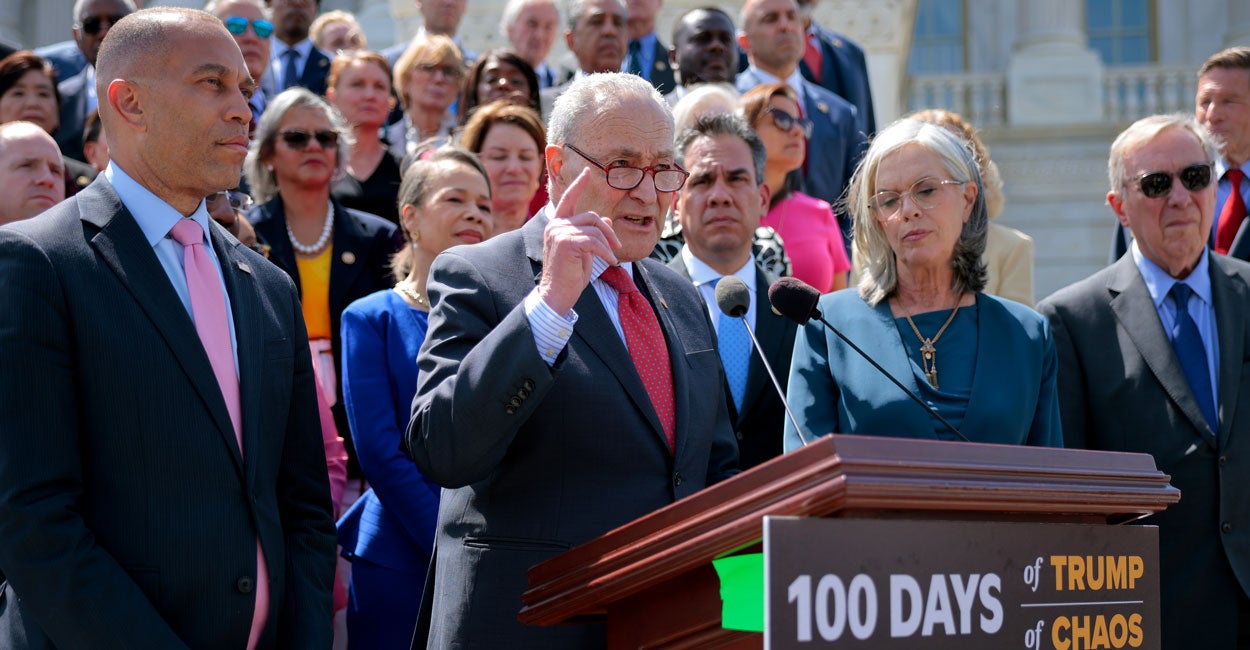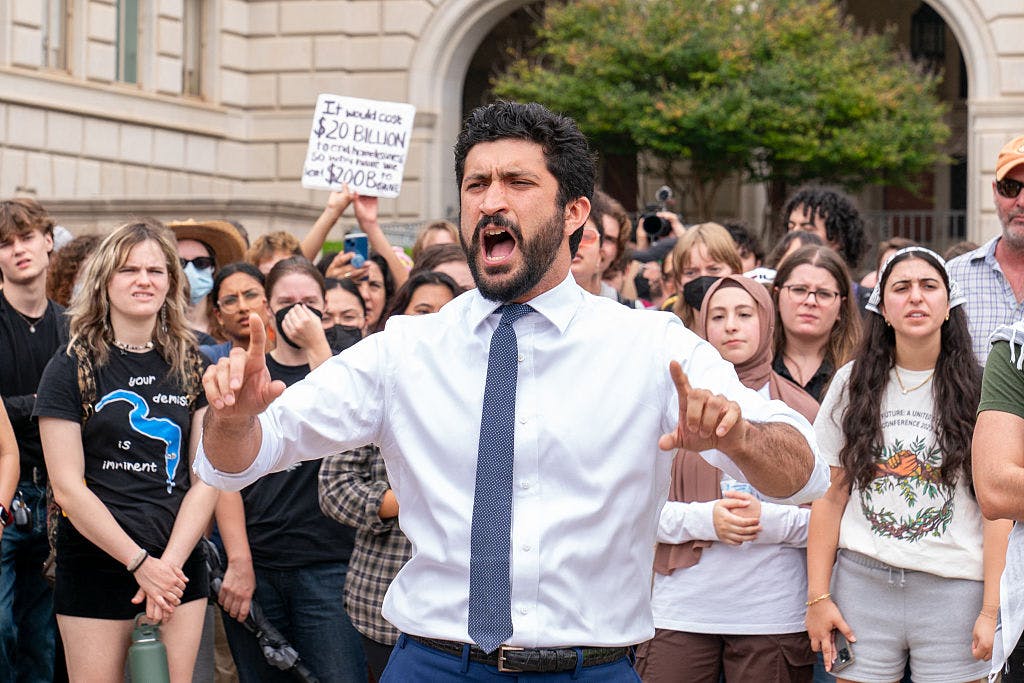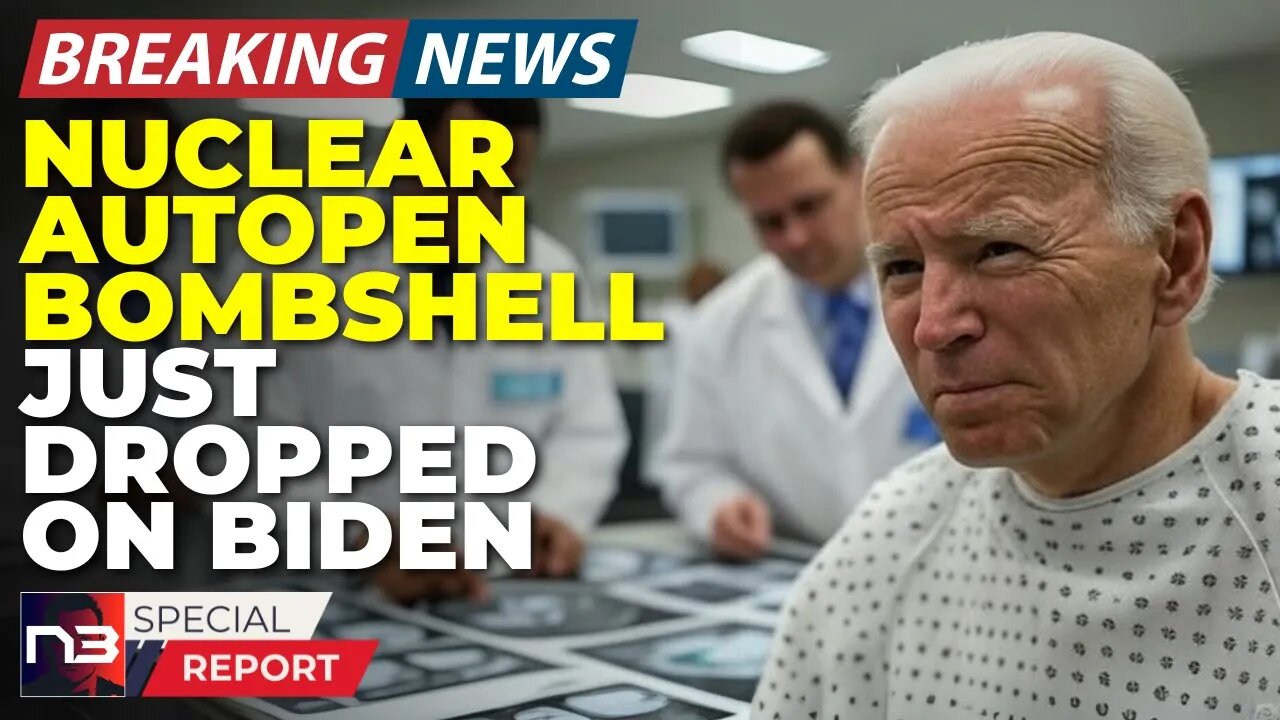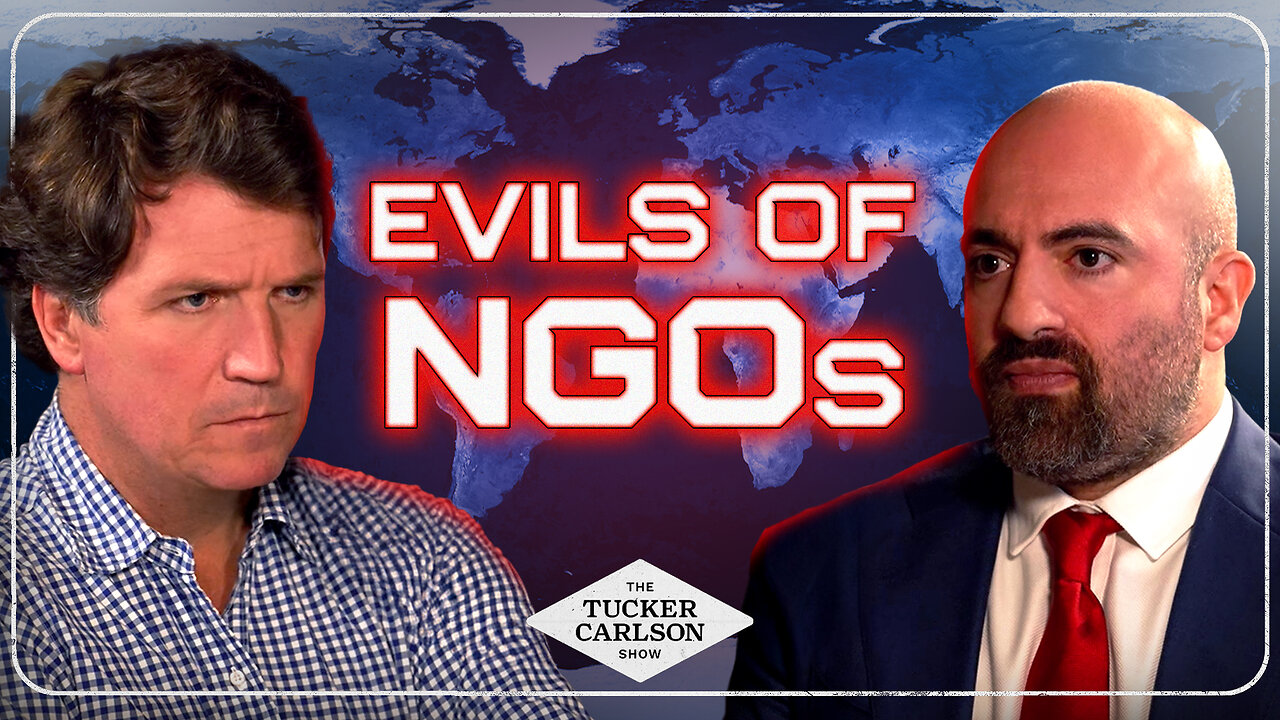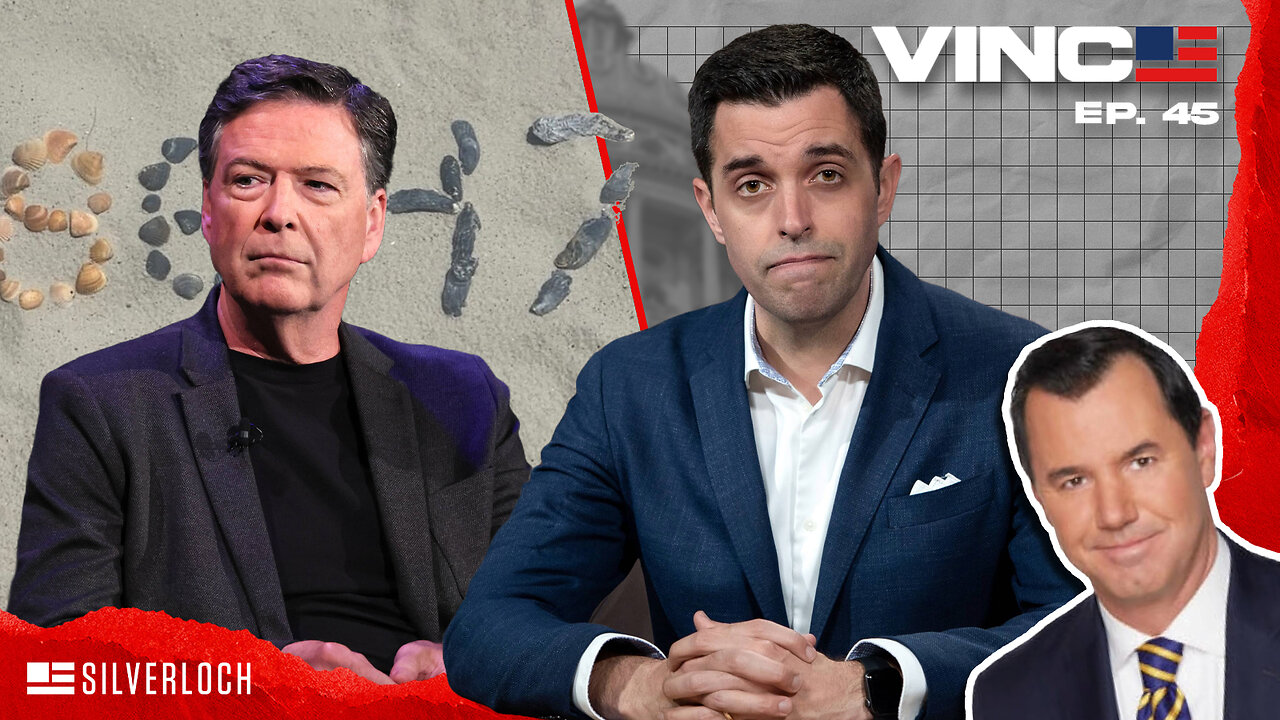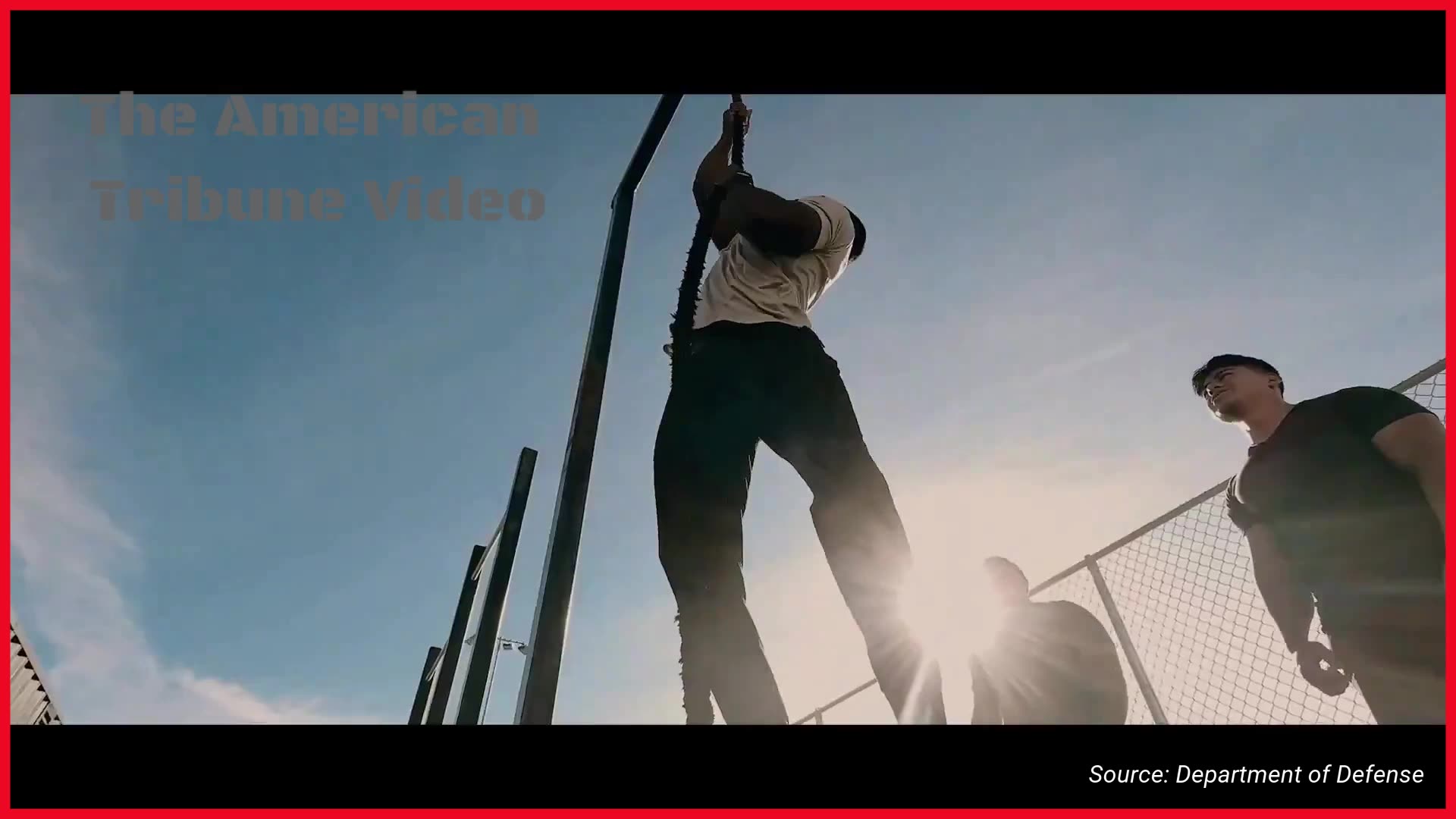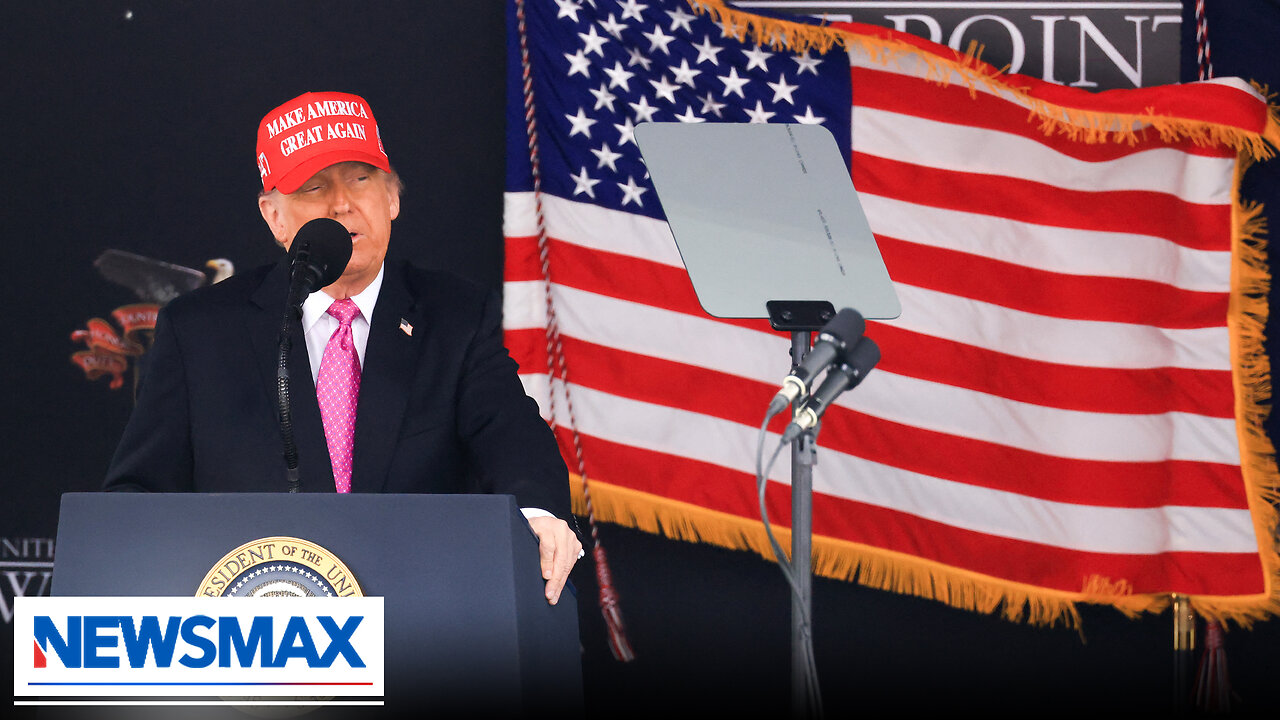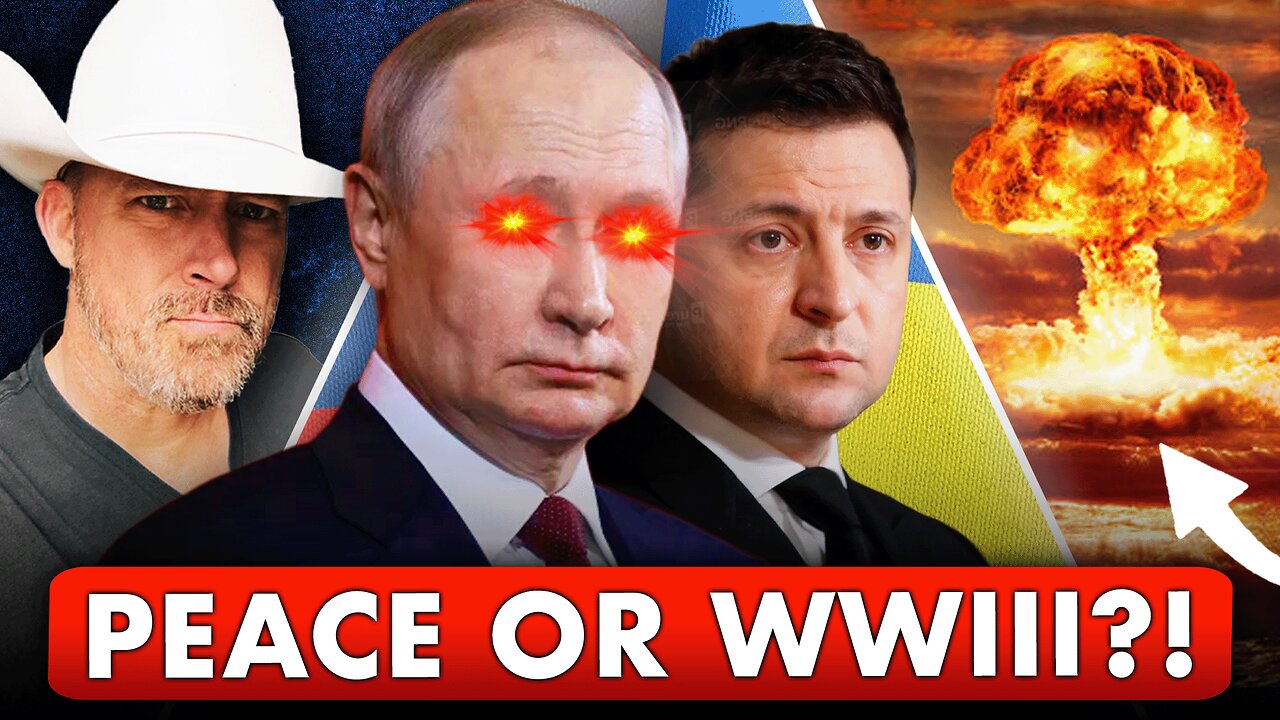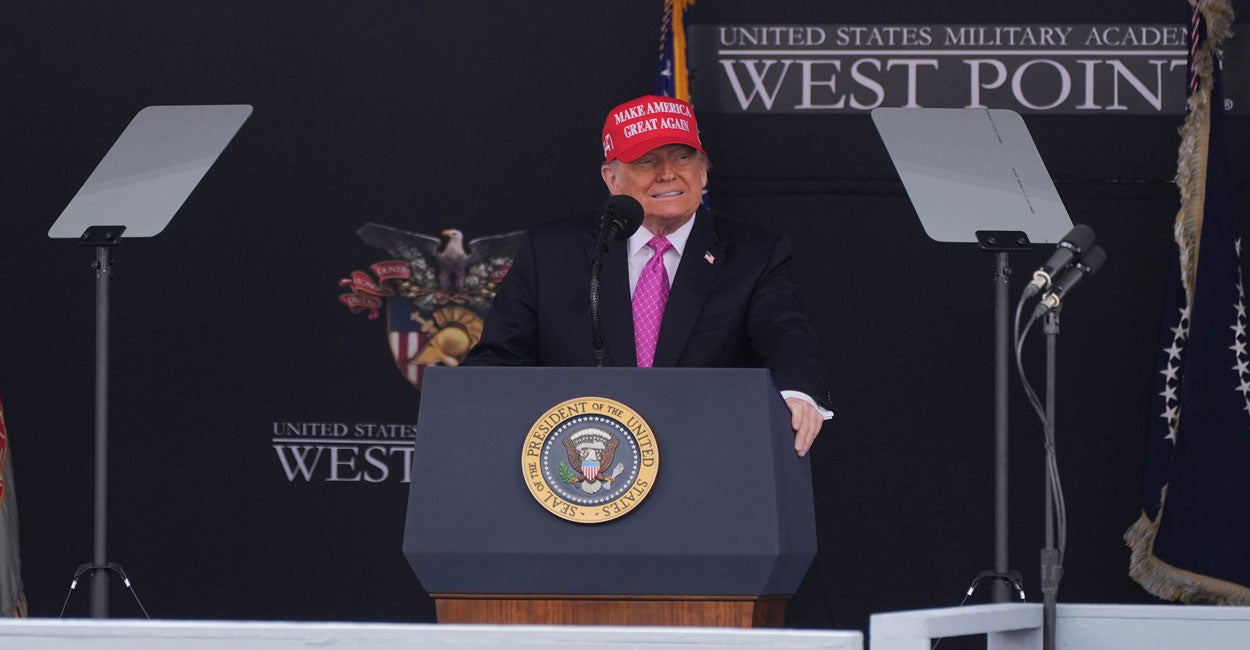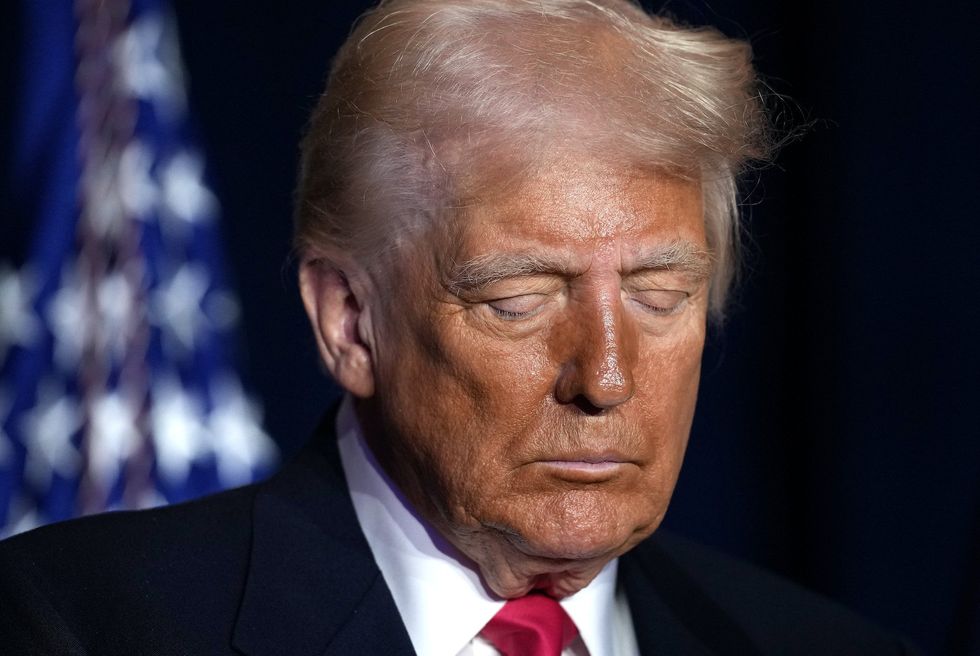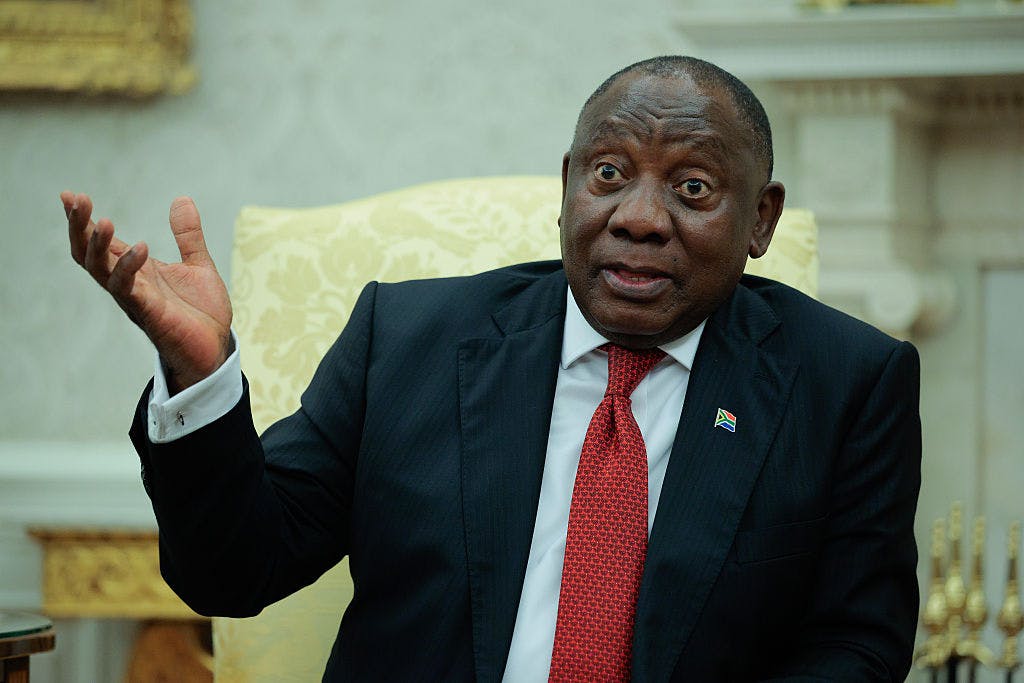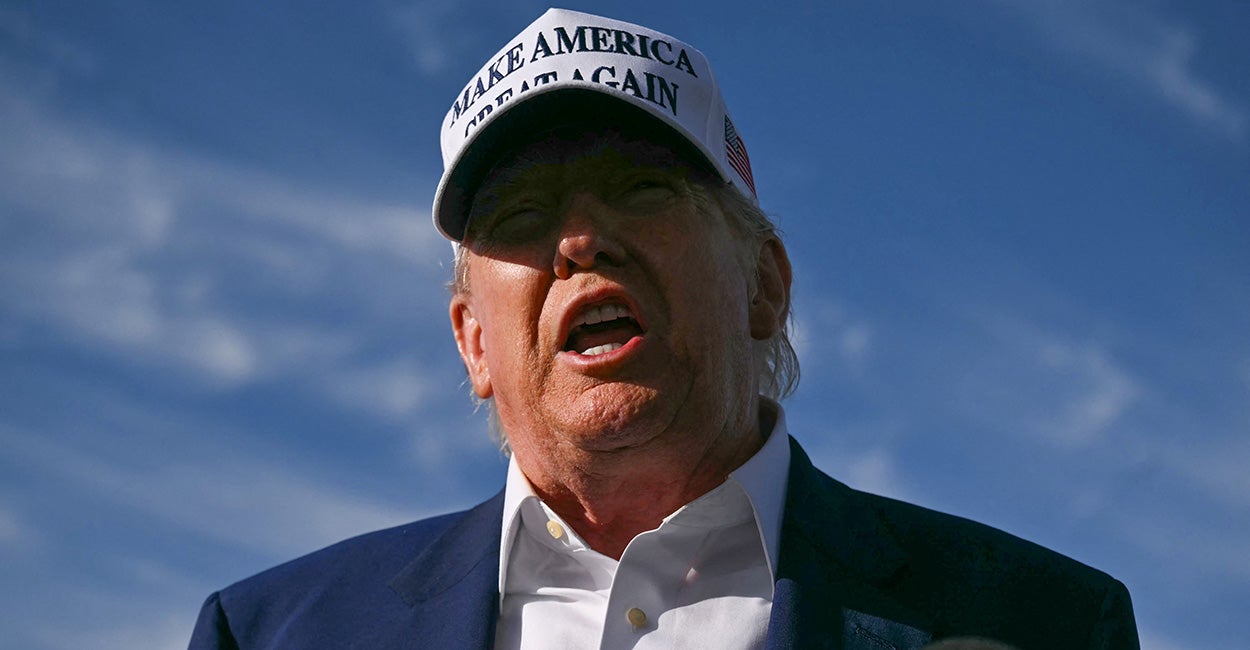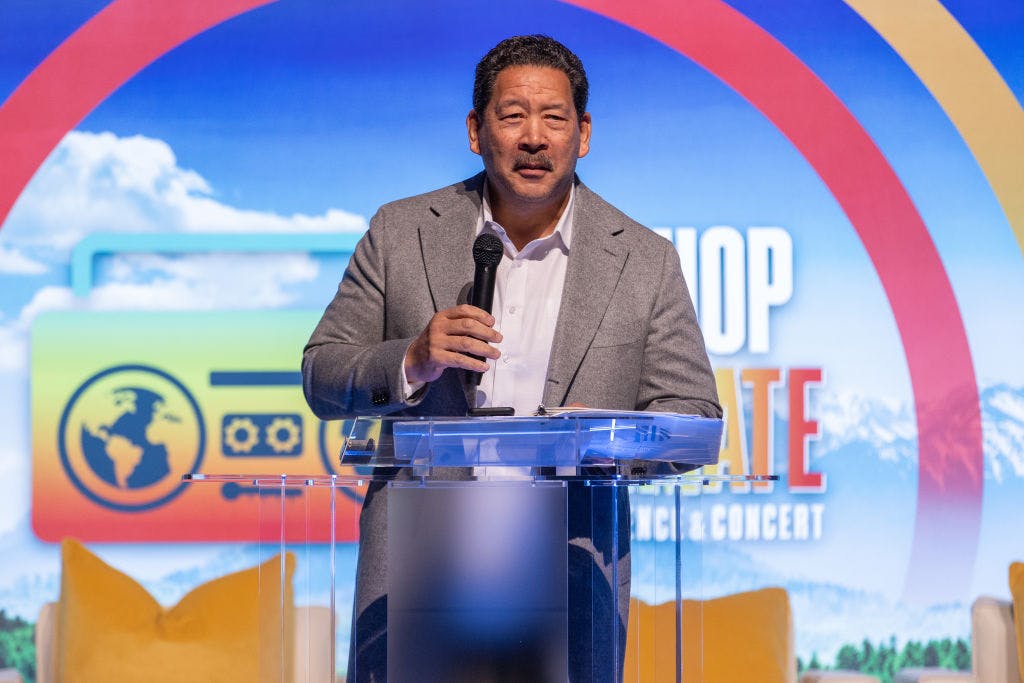Assad takedown is Ukraine negotiation tactic

For the people who really run the world, geopolitics is a three-dimensional chess game in which seeming unrelated moves are actually coordinated. It’s an extraordinarily complex game that is never explained to the rest of us, but can be discerned (in part) by diligent observers with a big-picture mindset and the gift of objective analytical circumspection – meaning the ability to look at all the available factors honestly, without personal bias or conformity to pre-set information filters created for us by the spooks who steer the narratives of the “mainstream media.”
I don’t see many American leaders who operate that way, but I think Tulsi Gabbard is one of them and believe she is an excellent choice to oversee the intelligence agencies for President Trump. In my view she not only has correctly assessed the world situation regarding Russia, but has shown impressive courage in stating her perspective publicly in contradiction to the official narratives being pushed on us by the very intelligence agencies she will soon oversee. I believe (and the Twitter files confirm) it is they who decide how the media spin the news, which means (if I am correct) that Tulsi may become the most important figure in the second Trump administration next to Trump himself. Because, if the spooks are forced to stop pushing manipulative lies on the public through the media, tens of millions of currently non-MAGA Americans may quickly be red-pilled by reality.
I didn’t intend to laud Tulsi Gabbard when I sat down to write this piece, but it just sort of flowed out naturally, and it fits the theme so I’ll leave it in. My main intention is to explain why I believe the Syria takedown is a U.S./NATO-orchestrated maneuver using NATO member Turkey. I view this as an attempt to put Russia on its back foot as negotiations over Ukraine move from backroom diplomatic prep-talks into open bargaining in the public view.
The Syria blitz was obviously long-planned, and helps explain Ukraine’s “head-scratcher” Kursk incursion into Russia for little discernible military advantage. Why did NATO have Ukraine divert some its best troops to strategically meaningless Kursk when the Ukrainian defense was collapsing all along the Donbas front?
Yes, in negotiations it’s common to trade like for like (e.g., prisoner exchanges) to further a sense of equity in the final deal, but when the proposed like for like trade is too imbalanced it can have the opposite effect. Such would be the case in Russia’s eyes regarding the trade of Kursk for any part of the Donbas.
But what if the trade was not Kursk for Donbas, but the Tartus Russian naval base in Syria for the port city of Odessa? Stay with me while I put the pieces together.
It’s now obvious to me in retrospect that NATO wanted to pin down all of Russia’s reserves so they could not be sent to help Assad. But what aspect of the fall of Syria strengthens NATO in the Ukraine negotiations?
It is the fact that Russia’s only naval base in the Middle East is in Syria. I was reminded of that by an article I read on the day Damascus fell but since can’t find. In my search, however, I stumbled on this article by “Radio Free Europe” – the very epitome of American propaganda for world consumption. It is titled “Losing Syria Is A ‘Huge Slap In The Face’ For Russia” (and has since appeared on top-MAGA aggregator Citizen Free Press).
It contains two key statements that are factual and bolster my hypothesis:
“Syria is home to two major Russia military installations: an air base in Hmeimim and a naval base in Tartus. The latter is Russia’s only warm-water naval base and provides Moscow access to the Mediterranean Sea.”
“Russia is already heavily invested in a major counteroffensive to regain captured territory in its southwestern Kursk region that it lost to Ukraine, to the point that it is relying on help from North Korean troops. At the same time, it is trying to take as much territory as it can in Ukraine’s east before possible peace talks.”
Now, expecting Russia to give up any part of the four oblasts on the Donbas line is simply a non-starter for Russia. Putin has made this clear, and he has the clear military advantage now in Ukraine – having proven he can keep rolling up slow and steady gains indefinitely despite NATOs best efforts – as Ukraine weakens proportionally. I don’t think he wants any other part of Ukraine for anything but a buffer zone – certainly not Kyiv which would be nothing but a headache to manage under occupation.
Frankly, the “Russian expansionism” boogeyman is pure baseless fear-mongering – except for Odessa.
Once NATO had crossed Russia’s red line on incorporating Ukraine and refused to back down, invading Ukraine became a defensive military necessity for Russia on par with the Cuban Missile Crisis for America. My WND column of March 21, 2022, explained this in reference to our Monroe Doctrine.
In its Special Military Operation, Crimea was the most critical territory for Russia to reclaim – the strategic equivalent of Hawaii to the U.S. Next, liberating the four ethnically Russian and Russian-speaking Oblasts (Donetsk, Luhansk, Kherson and Zaporizhzhia) from literal Ukrainian neo-Nazis who had killed 14,000 civilians in Lugansk and Donestsk since the Obama/Clinton/Soros coup in 2014, was both a moral obligation and a strategic imperative in the face of NATO intentions to base nukes there within reach of Moscow. These objectives were fully consistent with international law and America’s own military history, in my view.
Western spin and war-propaganda aside, Putin has been very careful to ensure his actions fall squarely within the laws of war – and has only escalated to questionable tactics, such as cluster munitions, after Ukraine used them. Indeed, this tit-for-tat policy suggests Putin’s escalation counterplay in response to the Syria maneuver will be for Odessa.
Odessa has always been the cherry on the cake in Russian eyes – a Russian possession from antiquity with enormous military and economic value, and Ukraine’s only remaining access to the oceans of the world. And it is the key to establishing a land-bridge to the Russian break-away territory in Moldova, Transnistria.
Interestingly, Odessa has been strangely absent from the news for a long time now, suggesting that both sides are up to their eyeballs in clandestine activities there that may soon be revealed. The biggest question in my mind if Russia take Odessa, is whether they would actually give it up in trade for their bases in Syria.
What's Your Reaction?
 Like
0
Like
0
 Dislike
0
Dislike
0
 Love
0
Love
0
 Funny
0
Funny
0
 Angry
0
Angry
0
 Sad
0
Sad
0
 Wow
0
Wow
0
